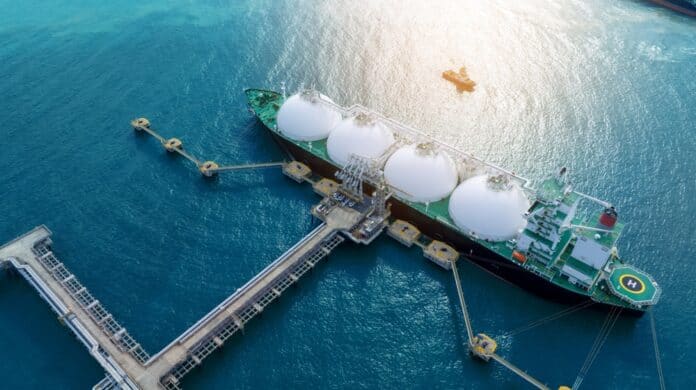Liquified natural gas (LNG) is crucial for global commerce, trade, and business operations. Shipping vessels, certain trucks, and natural gas transportation infrastructure all use LNG for some level of power/energy.
So, last week, when Qatar and Russia – two major exporters of LNG worldwide – warned that LNG transportation options were being threatened by ongoing Houthi attacks on vessels in the Red Sea, the world took notice.
LNG operations have already been disrupted by the rising rate of Houthi attacks in the Red Sea.
For example, tankers that transport LNG around the world for use in multiple applications are forced to take larger routes to the risks of Houthi attacks in the Red Sea. These vessels have to go around the Cape of Good Hope, around Africa, instead of the quicker Red Sea/Suez Canal route. The same is true for most shipping vessels, as we’ve reported.
Instead of taking around 18 days, the voyage is now taking about 27 days, according to reporting from Bloomberg News.
Now, this week, Qatar announced it is delaying some LNG shipments meant for Europe.
Qatar let some buyers of its LNG exports know that shipments have been delayed due to the ongoing attacks. With the longer voyage times, it is not feasible to meet demand with less available shipping vessels to transport the LNG shipments.
According to QatarEnergy in a statement: “The Red Sea situation may impact the scheduling of some deliveries as they take alternative routes.” But, with no end in sight to the Houthi attacks, when will the delays end? At the moment, it seems the delays are only growing.
Overall, shipping costs have already rose due to the global disruption from this security situation. If LNG costs were to dramatically increase, as has not yet happened, those costs would trickle down into other areas of the global economy and trade. In general, the oil and gas industry has not since large price increases as a result of the shipping issues.




